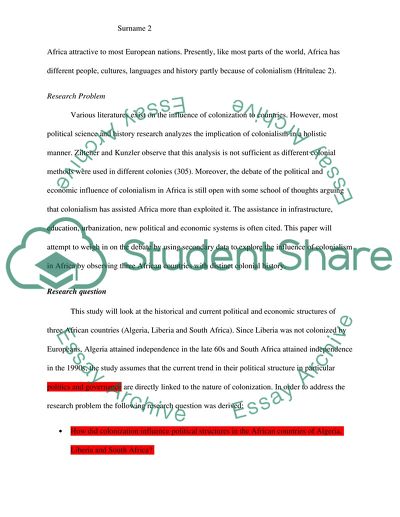Cite this document
(“Influence of Colonialism on Political Structures of Africa Nations Essay”, n.d.)
Retrieved from https://studentshare.org/social-science/1687074-influence-of-colonialism-on-political-structures-of-africa-nations
Retrieved from https://studentshare.org/social-science/1687074-influence-of-colonialism-on-political-structures-of-africa-nations
(Influence of Colonialism on Political Structures of Africa Nations Essay)
https://studentshare.org/social-science/1687074-influence-of-colonialism-on-political-structures-of-africa-nations.
https://studentshare.org/social-science/1687074-influence-of-colonialism-on-political-structures-of-africa-nations.
“Influence of Colonialism on Political Structures of Africa Nations Essay”, n.d. https://studentshare.org/social-science/1687074-influence-of-colonialism-on-political-structures-of-africa-nations.


